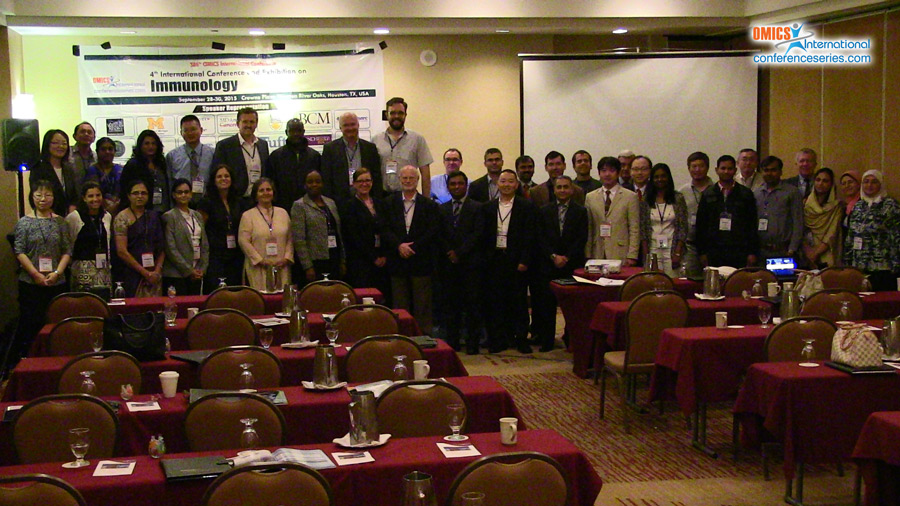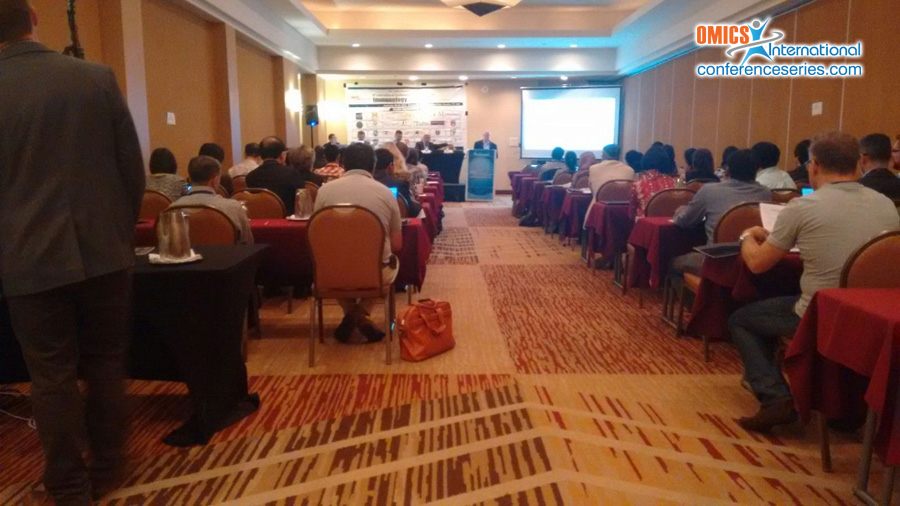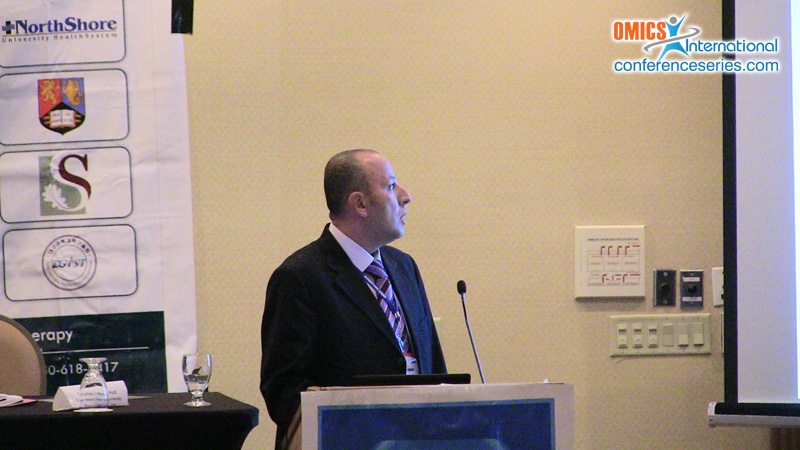Biography
Biography: Ehab Kamal
Abstract
Apitherapy, or “bee therapy†(from the Latin apis which means bee) is the medicinal use of products made by honey bees. Products of the honey bee include bee venom, honey, pollen, royal jelly, propolis and beeswax. The exact origin of Apitherapy is difficult to pinpoint and can be traced back, in a general sense, to ancient Egypt, Greece and China. Use of honey and other bee products can be traced back thousands of years and healing properties are included in many religious texts including the Veda, Bible, and Quran. These are mostly attributed to nutritional benefits of consumption of bee-products and not use of bee venom. Honey bee venom contains at least 18 active substances. Melittin, the most prevalent substance, is one of the most potent anti-inflammatory agents. Adolapin is another strong anti-inflammatory substance and inhibits cyclo-oxygenase; it thus has analgesic activity as well. Apamin inhibits complement C3 activity and blocks calcium-dependent potassium channels, thus enhancing nerve transmission. Other substances, such as Compound X, hyaluronidase, phospholipase A2, histamine and Mast Cell Degranulating Protein (MSDP), are involved in the inflammatory response of venom. Thus the trial of Apitherapy in a range of immune mediated disorders such as IBD is a promising field to control such chronic gastrointestinal disorders that need long-term and medications with multiple side effects and as a trial to keep the patients in a remission state to control their life disabling symptoms and signs.
Speaker Presentations
Speaker PDFs
Speaker PPTs Click Here




